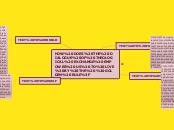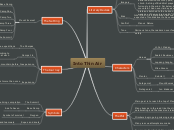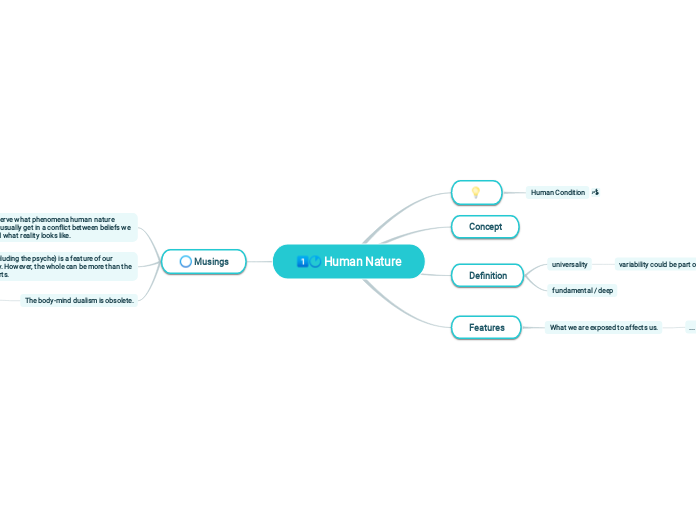da Megan Lascelles mancano 6 anni
321
Unit 1 Summative Assignment Part A - Megan Lascelles
Theological exchanges often arise during global crises, where leaders from various faiths collaborate to resolve conflicts by setting aside their differences. These leaders act on the principle of treating others as they wish to be treated, promoting peaceful resolutions and valuing human life.









